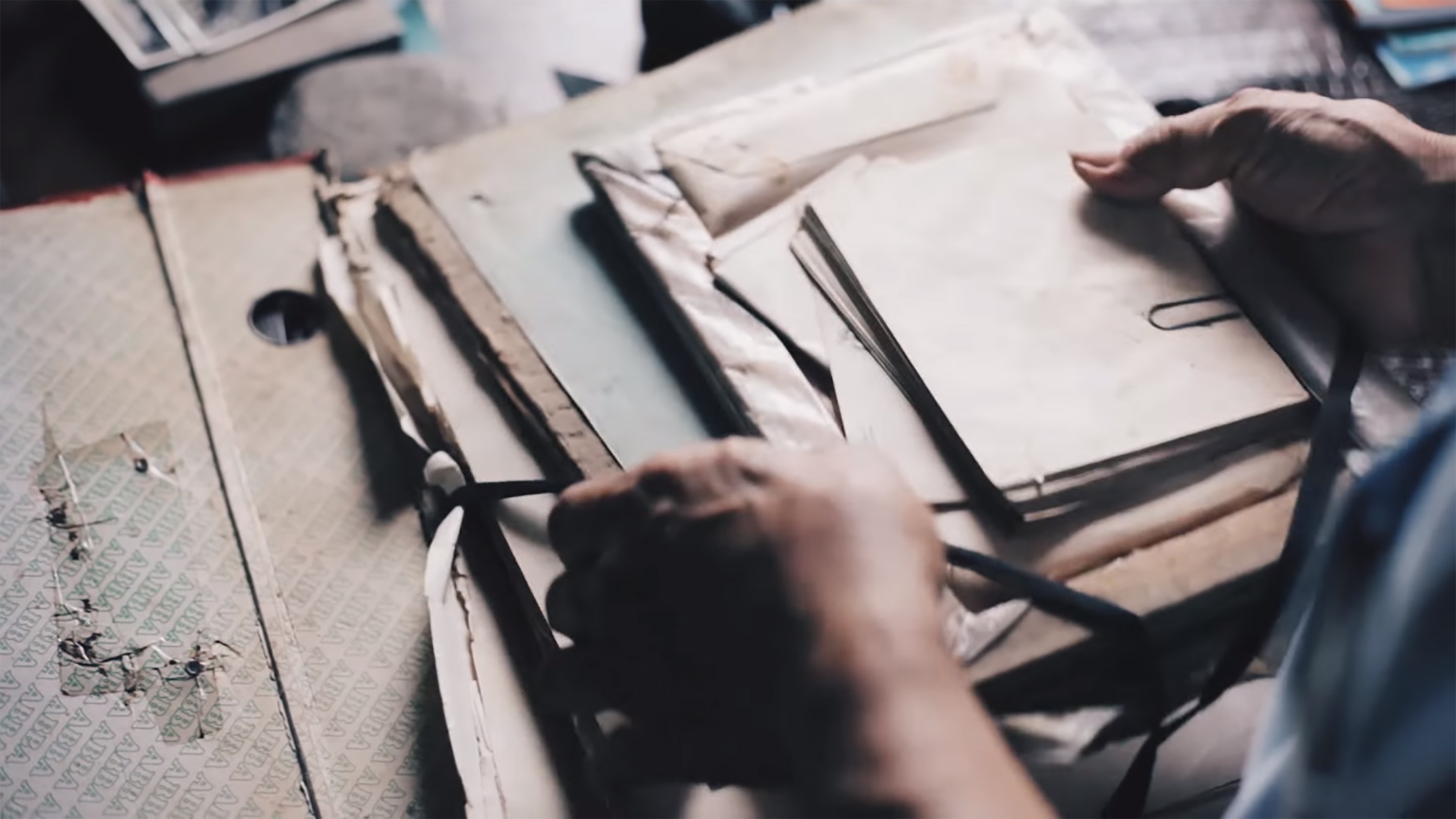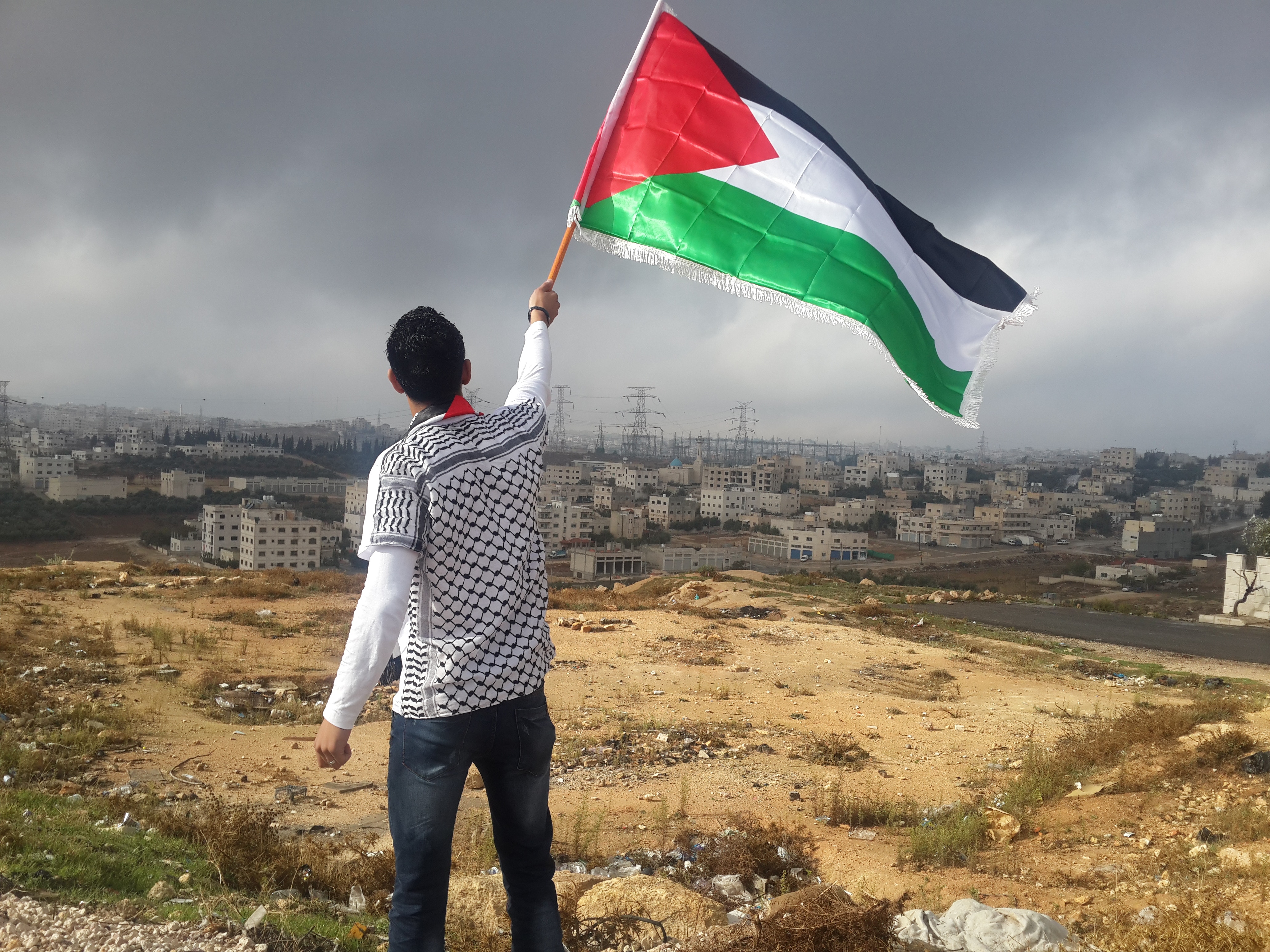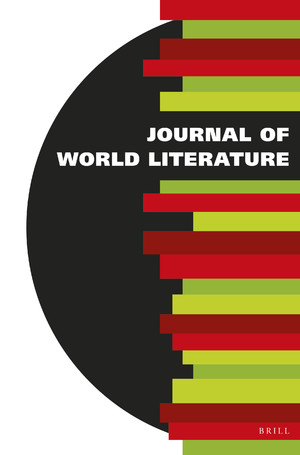Literary Criticism
Challenging the biases of current discussions on World Literature and shifting the focus from a single center to multiple, entangled literary histories necessitates a study of literary criticism itself. For each region, we ask where ideas of what constitutes “good” literature and even literature itself comes from, and if multiple formal and generic norms exist or overlap within the same space.
We search for responses to impactful concepts such as “refinement” or “modernity” and consider the possibility that textual production may exist which rejects or ignores these concepts even in regions where they had considerable reception. Other avenues we explore include canon formation, tools of recognition—from prizes and panels to court patronage-—and literary history. Finally, we notice that much of the secondary criticism and literary theory that underpins academic discourses on World Literature is overwhelmingly European and American. We hope to bring to your attention to literary criticism and theory on World Literature written in non-European languages by scholars from our various regions. In this effort, we have commissioned the translation of numerous essays related to World Literature written in Urdu into English. We worked closely with the Pakistan Academy of Letters to compile and curate this list.
Significant Geographies of African Literary Festivals – Talk
Claire Ducournau is a tenured Associate Professor in Literature
MULOSIGE Reading List: The Significant Literary Geographies of African Festivals
In an era where cultural festivals multiply, so-called African festivals have spread in Africa, but also outside of Africa, in major cities as well as in little-known villages, for example in provincial France. What are some of their implications and effects in the case of francophone African literature?
Poétiques et politiques de l’activisme des écrivains dans les Pays du Sud
Cette conférence s’assigne comme but d’explorer selon une perspective comparée la manière dont l’activisme des écrivains négocie la poétique et la politique dans trois régions des Pays du Sud: le Maghreb, la Corne de l’Afrique et le nord de l’Inde.
Oral Traditions in World Literature – Addis Ababa Conference
In this conference, we argue that oral traditions are a vital component of world literature, and not only as an antecedent to written literatures, but in their own right. The conference seeks to move past the characterisation of oral literature as traditional, locally constrained, and less aesthetically complex than written literatures. We will show instead that oral traditions are a modern and dynamic form of literary expression everywhere around the world, sometimes able to circulate across long distances.
MULOSIGE Reading List: International Solidarity and World Literature
This reading list was contributed by Dr Anna Bernard and challenges the choice between nation and transnationalism that has often seemed central to theorizations of world literature, but which has tended to bypass internationalist networks of anti-colonial writers working within discrete national contexts.
MULOSIGE’s Special Issue Part II: Worlding Genres and Refractions
Professor Francesca Orsini and Laetitia Zecchini compiled Part II






